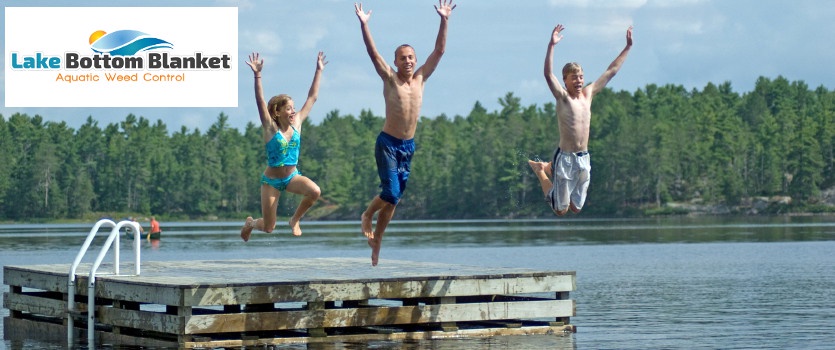Chemical aquatic weed control is the use of herbicides to kill or control weeds in water bodies. It may seem like a quick and easy solution; however, several dangers should be considered before using it.
One of the main dangers of chemical aquatic weed control is the potential harm to non-target organisms. Aquatic herbicides can also kill fish, insects, and other aquatic life if not used correctly, leading to imbalances in the ecosystem and a decrease in biodiversity. Additionally, these chemicals can accumulate in the food chain and eventually reach humans who consume fish and other aquatic life.
Chemical aquatic weed control can also harm water quality. When herbicides break down, they can release nutrients that promote the growth of harmful algae, which can lead to harmful algal blooms. Algal blooms can reduce the amount of oxygen in the water, killing fish and other aquatic life, and can even pose a health risk to humans through the production of toxins.
Furthermore, the use of chemical aqua weed control can lead to the development of herbicide-resistant weeds. This occurs when the same herbicide is used repeatedly, allowing the weeds to adapt and become resistant to it. This means that more or stronger herbicides may be needed to control the weeds in the future, leading to a cycle of increased chemical use.
Considering these dangers, non-chemical aquatic weed control methods should be considered; these methods can be just as effective in controlling aquatic weeds without the negative impacts on the environment.
Non-chemical aquatic weed killer methods include physical removal, biological control, and shading. Physical removal involves physically pulling or cutting out the weeds. Biological control involves introducing natural predators or competitors to control weeds. Lastly, shading involves blocking sunlight from reaching the water to prevent weed growth.
While non-chemical aquatic weed killer for lakes may require more effort and time than chemical methods, it is a safer and more sustainable solution in the long run. It is important to consider the potential dangers of chemical aquatic weed control and explore alternative methods for maintaining healthy water ecosystems.


No comments yet